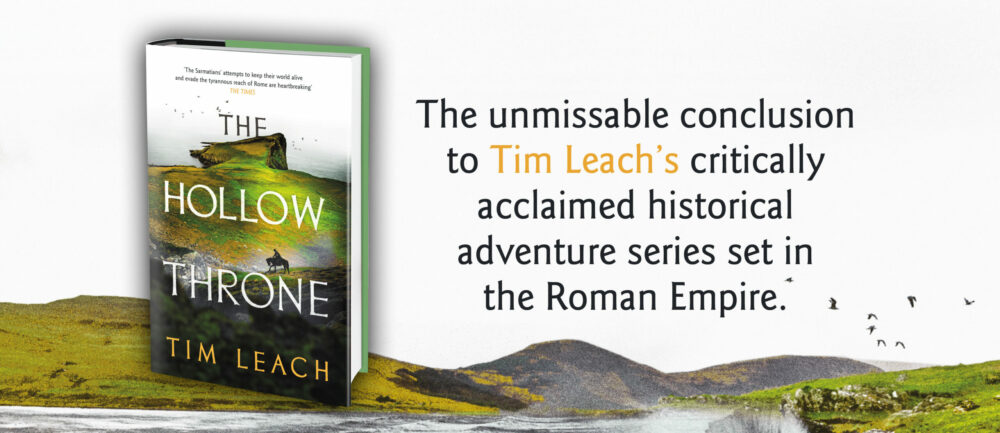Beginning writers are invariably tormented by one question above all others: is it any good? And it is a question born of a singular fear, the fear that people will hate your stuff, and perhaps, as a follow on, that they’ll hate you too.
I bring you good news: very few people will hate your work, no matter how poorly it is written. Nor will they hate you. I also bring you bad news; they may not hate it, but if your work does not capture their interest quite quickly, they will probably be indifferent, get bored, and chuck it aside. To put this in another way: you are afraid of the wrong thing.
This misguided fear often comes as a side effect of attending writers groups and taking a course in creative writing. For the most part these are excellent for aspiring writers, developing skills, giving feedback and teaching you how to respond to critique. The one downside is that you get used to having your work read in its entirety. You begin to take it for granted.
In a workshop, even if someone hates what you’ve done, they’ll read it all, maybe even twice, and give you a detailed list of reasons why they hate it. When you get out into the real world, an agent, editor or casual reader will put it aside after a single poor page. Indeed, that page need not even be poor. An opening that is a little slow, that is slightly boring – for such minor sins, an entire piece of work will be cast aside, unread.
There is a lesson to be learned here, and it is a liberating lesson. Rather than telling yourself, when you sit down to write, “I need to be good, or they will hate me”, instead you should ask yourself “the reader might get bored, I had better keep this interesting.”
Not only is this less intimidating (I think most of us would rather be thought of as being slightly boring than as being hateful) it also leads to better writing. Sometimes, when we deliberately try to be good, it leads to work that is defensively pretentious, overwritten, artificially elegant, and ultimately hollow. When we instead try to produce work that is interesting, it tends to be tight, precise, engaging, and surprising.
In other words, it tends be good.
